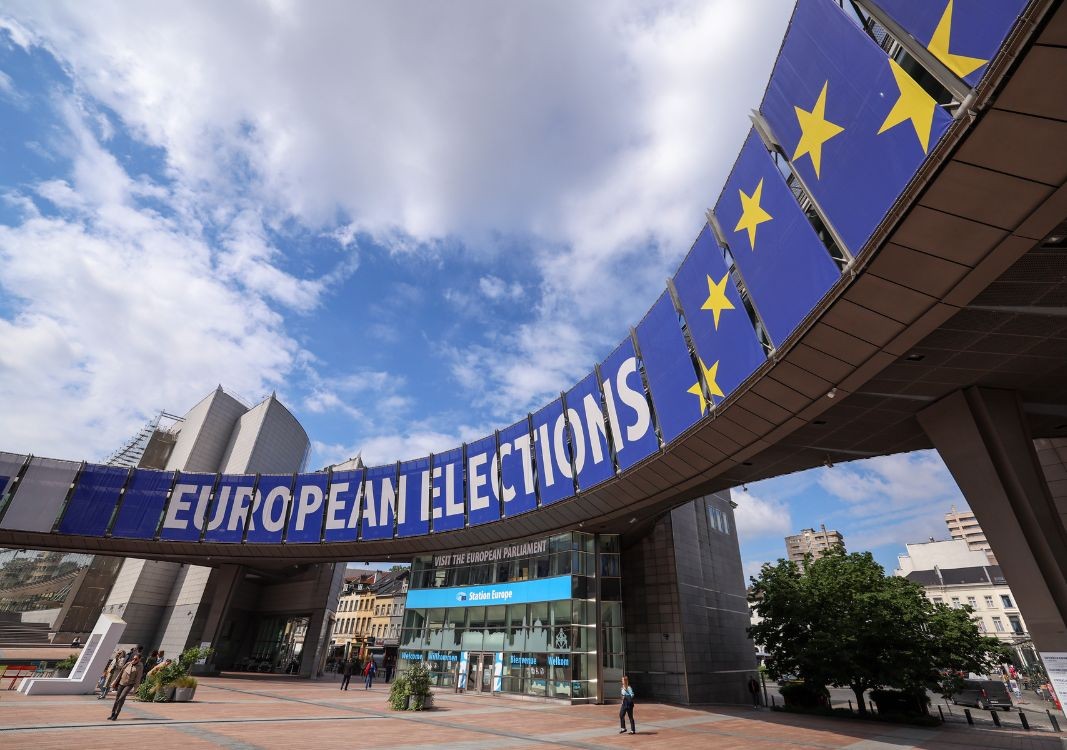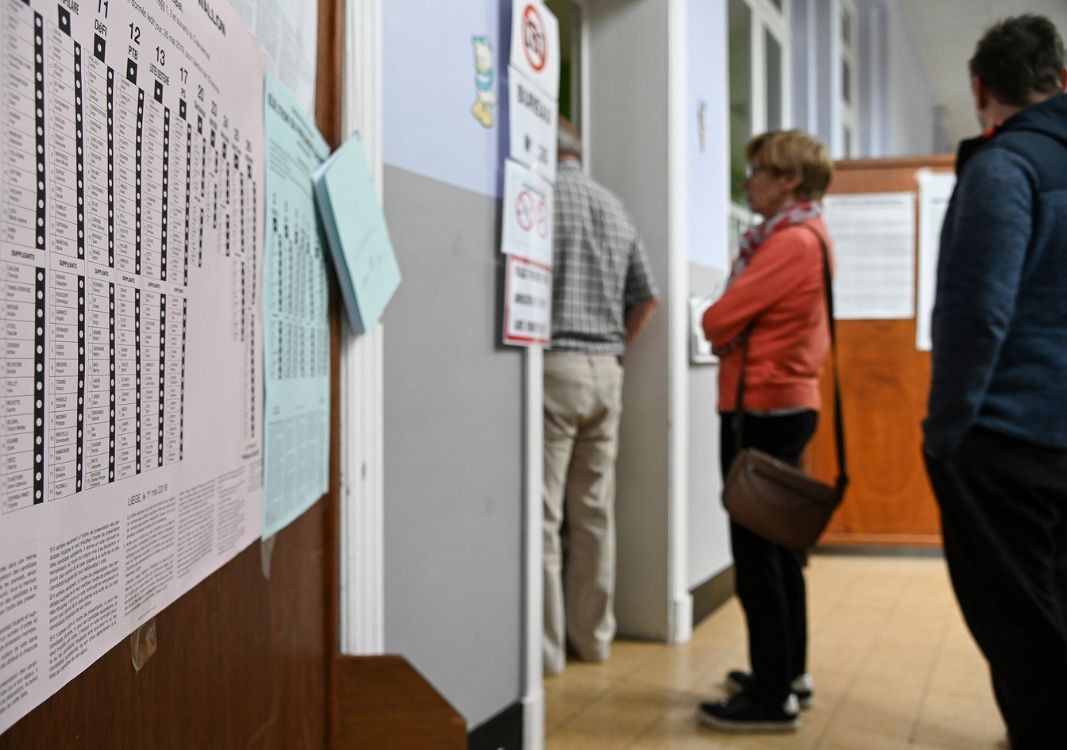Bulgaria has been a member of the EU since 1 January 2007. However, Bulgaria had representatives in the European Parliament before its official membership. In 2005, the National Assembly elected 18 Bulgarian MPs who had the status of Euro observers. Until Bulgaria's EU membership, they were entitled to participate in all the meetings of the European Parliament - political groups, committees and plenary, but without the right to vote. They could also make speeches at all but plenary sittings.

In the EU's 720-seat parliament, Bulgaria keeps the number of its representatives - 17. 31 Bulgarian parties and coalitions have nominated candidates. Voting in Bulgaria is compulsory by law, is carried out in person by the voter and constitutes the performance of his or her civic duty.



On 9 June, Bulgaria holds 2-in-1 elections - for members of the national parliament and MEPs. In this regard, we should remind that on election day in Bulgaria and in the EU Member States, Bulgarian voters have the right to vote in both elections. In non-EU countries, including the UK, only those Bulgarian nationals who choose to cast their vote at the polling stations open in the diplomatic and consular representations of Bulgaria are entitled to vote for the National Assembly and the European Parliament. In other places in the countries outside the Community, Bulgarian nationals can vote only for candidates for the 50th National Assembly.
The first sitting of the newly elected National Assembly has ended. As in the last three Bulgarian parliaments, the election of a speaker proved to be a serious challenge, as neither of the two candidates - Raya Nazarian of GERB-SDS and Andrei Tsekov of..
The residents of the Bulgarian-populated region of Taraclia and the Gagauz Autonomous Area in the Republic of Moldova voted over 90% "no" in the October 20, 2024, referendum, where Moldovan citizens were asked if they approved Constitutional amendments..
GERB will try to find a path to a majority for forming a government through the formulation of common goals, the party's Deputy Chairman Daniel Mitov said in an interview with BNR. According to MP Daniel Mitov, the attempts to create a cordon sanitaire..

+359 2 9336 661
